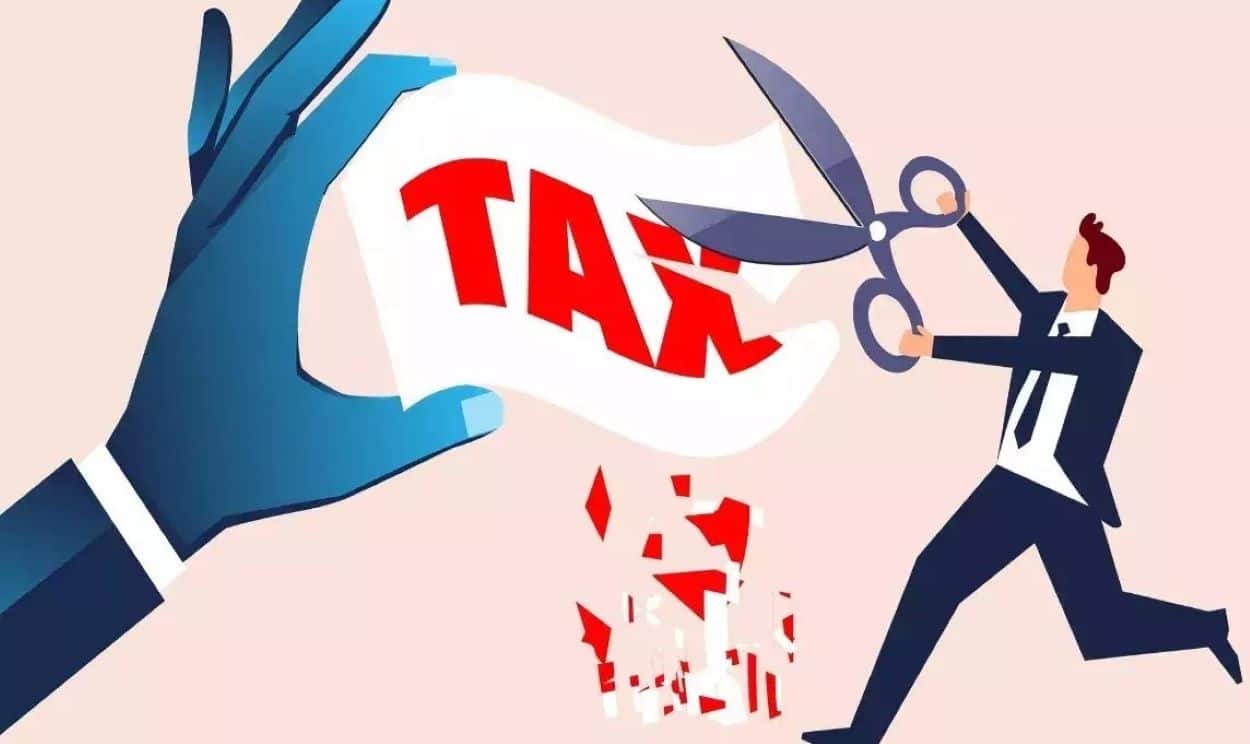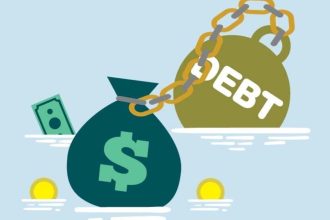Pakistan’s Finance Bill 2025-26, unveiled on June 10, 2025, proposes significant tax hikes on various goods and services, raising concerns about inflation. However, the bill also includes duty reductions to ease costs in key sectors. This article explores the bill’s tax increases, relief measures, and potential economic impact.
The Finance Bill introduces an 18% sales tax on several items, including:
- Vehicles up to 850cc and imported solar panels were previously exempt.
- Electronic media equipment, such as amplifiers and projectors.
- Freight and consignment bills, including food transportation.
- Imported chocolates, coffee, cereal bars, and pet food.
Additionally, a 0.25% withholding tax applies to electronic products under the digital invoicing system, and a 2% withholding tax is proposed for clothing purchases.
E-commerce transactions now face an 18% sales tax, with courier services, banks, and payment gateways acting as withholding agents for the Federal Board of Revenue (FBR). Digital platforms like TikTok, YouTube, Instagram, Facebook, Twitter, freelancers, and content creators must submit quarterly advertising revenue data to the FBR. Non-compliance may lead to blocked remittances via the State Bank of Pakistan.
These measures aim to boost revenue but may increase costs for online shoppers and digital businesses.
The government offers relief in select sectors to offset the tax burden:
- Reduced import duties on vegetables, fruits, live animals, meat, lentils, varnish, and polish, potentially lowering prices.
- Lower duties on steel and iron, which could reduce construction costs.
- Tax cuts on real estate transactions are expected to stimulate the property market.
Market analysts warn that the tax hikes could fuel inflation, impacting consumers’ purchasing power. The e-commerce tax may raise online shopping costs, while digital platform regulations could challenge content creators. Conversely, duty reductions on food and construction materials may ease living and building costs, fostering economic activity in these sectors.
Pakistan’s Finance Bill 2025-26, announced on June 10, 2025, balances revenue generation with targeted relief. While tax hikes on vehicles, e-commerce, and digital platforms may drive inflation, duty cuts on food and steel offer respite. As the National Assembly debates the bill, its economic impact remains a key focus.






